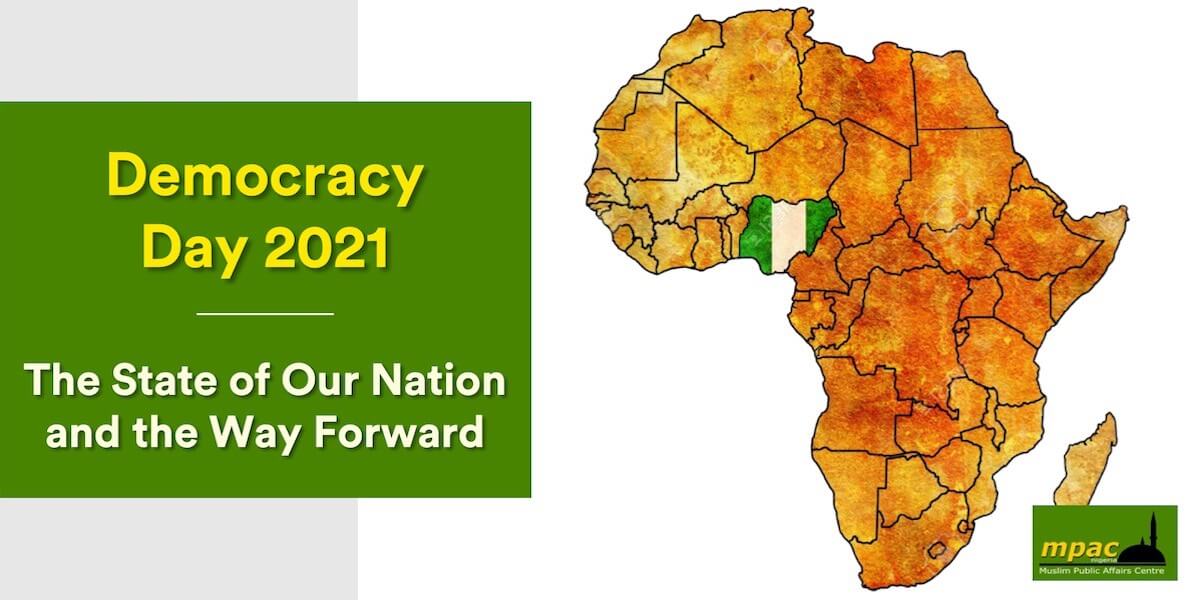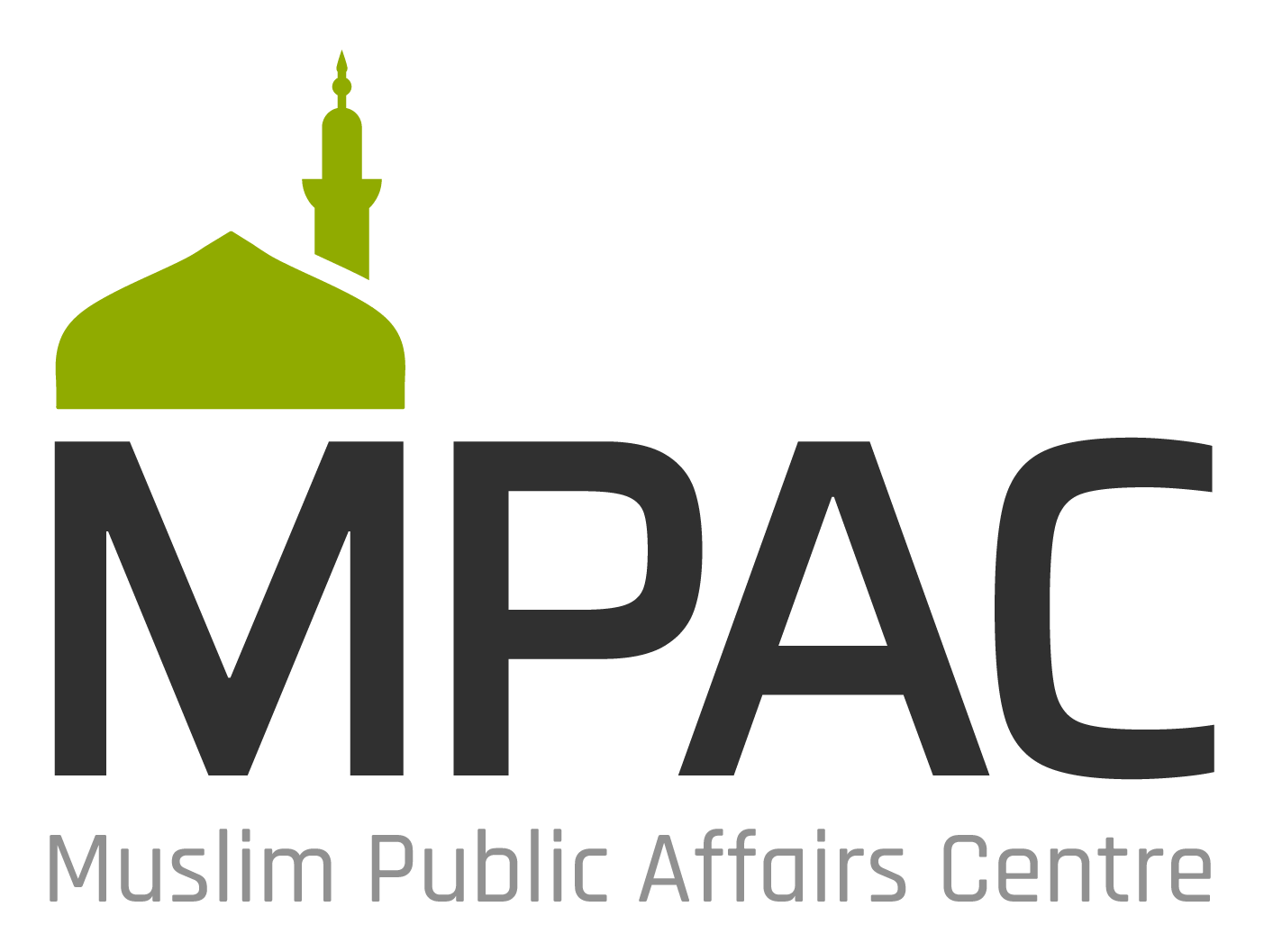Democracy Day 2021: Keeping Faith and Moving Forward
Saturday, 12 June 2021 | 1 Dhul-Qaadah, 1442 AH

These may not be the best of times for Nigeria as a nation. Nigeria is on the verge of national disintegration and protracted economic hardships. The last couple of years have been marred by a spate of terrorism, civil unrests, sectarian violence, and secessionist agitations.
A lot of Nigerians are living on the edge and every new day births a sad piece of news. The crime rate is at an all-time high. Kidnapping, ritual killing, cybercrime, and other vices have become the order of the day. The security of lives and properties in our dear nation looks like a mirage. Our economy is crashing before our very own eyes. Prices of commodities are on a geometric rise and a large percentage of Nigerians can’t afford a decent life.
What about corruption, hate speech, hate crimes, public incitement of violence, acts of indecency, disregard for constituted authority, and religious intolerance? These issues have eaten deep into our national fabric and if not addressed could lead to its downfall.
We can go on highlighting our problems and we won’t even be done anytime soon. But one thing is important: keeping faith and moving forward. We must ask ourselves if we’re truly ready for a change.
Have we truly learnt any lessons from our unsavoury predicament? After all, we didn’t just get here today.
“Verily, Allah will not change the condition of a people as long as they do not change their state themselves.” [Ra’d: 11]
This verse of the Qur’an suggests that we’re our own problems. Most of our problems are man made – thankfully Allah does not test us with natural disasters in this part of the world – and so the solution to our problems is to get serious about solving them ourselves.
The moment we turn sincerely towards Allah and do the right things, a lot of our problems will vanish into thin air.
If we complain about injustice in our governance, it’s because we have allowed injustice to thrive in our hearts and our homes. Remember, our leaders are a true reflection of us as a people. It’s garbage in, garbage out!
What’s your contribution to national development? Do you spread fake news or wait until it’s verified before sharing it with others? Do you go through the back door or follow due process? Do you look away as people perpetrate evil or speak up as a mark of disapproval?
Do you give or take bribes, vandalize government properties or misuse public facilities, increase the selling price of your products indiscriminately, engage in scam activities, constitute a nuisance in your environment, or do you join the anarchists to chant war songs? These are questions you must ask yourself as a Nigerian citizen.
You may think they aren’t as grievous as the evils being perpetrated in higher offices, but these little things add up. If you take part in any of these acts, then you’re also culpable and you should be willing to own up to the extent of your involvement. So, remember, that as you ask for your fundamental human right, you should also think about performing your fundamental human duties.
The summary here is that we all have a part to play in fixing our dear nation, Nigeria. As bad as things may seem, there’s still a whole lot to be thankful for.
In fact, that we are still together as a nation is by Allah’s divine mercy. So we urge everyone to give peace a chance. Any individual or groups with any form of grievances against the government should opt for dialogue instead of agitating for war.
To you, our leaders, all we ask of you is justice and accountability. You were elected to serve and not to squander. You were put in charge of our affairs to unite and not to disintegrate us. In his inaugural address, the first successor to the Prophet, Caliph Abu Bakr was reported to have said:
“O People, I have indeed been appointed over you, though I am not the best among you. If I do well, then help me, and if I act wrongly, then correct me. Truthfulness is synonymous with fulfilling trust, and lying is tantamount to treachery. The weak among you is deemed strong by me, until I return to them that which is rightfully theirs, in sha Allah. And the strong among you is deemed weak by me until I take from them what is rightfully someone else’s, in sha Allah.
No group of people abandons Jihad in the path of Allah, except that Allah makes them suffer humiliation. And wickedness does not become widespread among a people, except that Allah inflicts them with widespread calamity.
And if I disobey Allah and His Messenger, then I have no right to your obedience. Stand up now to pray, may Allah have mercy on you.”
Contained in this timeless address are important messages specifically for our elected leaders, at all levels. Remember the day when you shall stand before your Lord and account for your office and every single resource placed in your care. Do not oppress your subjects with the power vested in you. In everything you do, you must always place the interest of the nation above any other interest.
God bless Nigeria!
—————–
As you’re here…
MPAC has one humble request from you…
Thousands of Nigerian Muslims rely on the services we provide at MPAC and thousands more from around the world visit our website for news every day. Due to the significant challenges we face in dealing with Muslim-related issues in a heightened Islamophobic environment, MPAC is constantly under financial strain to meet our financial needs.
To maintain editorial and financial independence, with no sectarian or political allegiance to any particular group or movement, MPAC relies only on donations from individuals like you.
It is easy to understand the importance of organisations that do the sort of work we do at MPAC in today’s climate. Please support us financially and please support us for as little as N1000 a month. It only takes a minute to make a one-off donation or to set up a standing order with your bank. Jazakallah khayran.
Our beloved Prophet Muhammad (peace be upon him) said: “The best deeds are those done regularly, even if they are small.” [Ibn Mājah]

